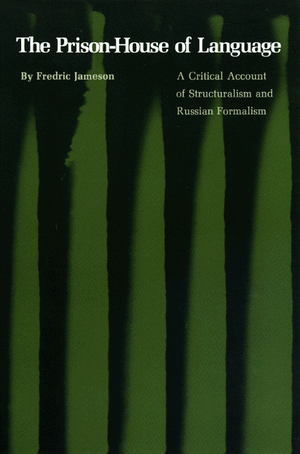"Television influences aggressive behavior in children, but does not more likely lead them to committing crime when they get older."
Studies show that there isn't significant research done to see weather or not TV leads to violent behavior. Though I've heard video games tend to have more of an influence than TV, maybe b/c its more interactive.
i.Which towns and cities were first to get TV and What are/were the demographics of these towns?
ii. What kind of programming existed in the early days and in the ensuing years and How did the programming differ from one place to the other?
iii. What were the types of role models portrayed in these shows and How do you think that these shows influenced the viewers?
iiii. How do/did viewers view the world after watching years of TV?
--------------------------------------------------------------------------------------------------------------
1. C. Huston, Aletha, Ed Donnerstein, and Halford Fairchild. "Big world, small screen: the role of television in American society". Lincoln, Nebraska: 1992. Print.
This book was suggested by Pro. Luke. The authors refer to the National Institute of Mental Health and the American Psychological Association for statistics on effects of programming on not only children, but women, minorities and the elderly. In the text the authors discuss the role programming for each sub group.
2. "Crime Statistics". US Government, published yearly. Web. 7 Apr 2011. <http://www.fbi.gov/stats-services/crimestats>.
This is official FBI statistics of crime rates in America dated back to 1930. This website is useful for graphs and charts. There is an annual Uniform Crimes Report that is published every year by the US Department of Justice. Factors of crime are also listed in these published documents. They never mention TV as a factor.
3. Alexander, Allison. "CHILDREN AND TELEVISION."Museum of Broadcast and Communications. The Museum of Broadcast Communications (MBC), 2011. Web. 7 Apr 2011. <http://www.museum.tv/eotvsection.php?entrycode=childrenand>. Chicago, IL
This website is useful because it has information on the history of broadcasting. The author in this specific web page briefly describes the effects of television violence on children. Though it may not be the best of sources it's interesting to hear what Museums have to say.




